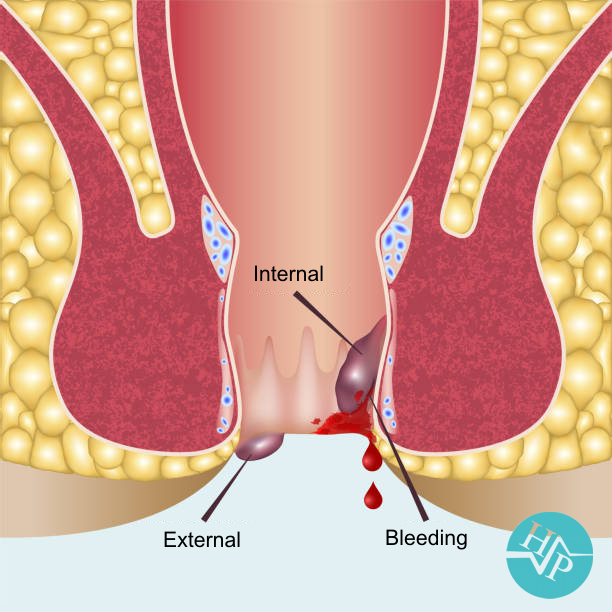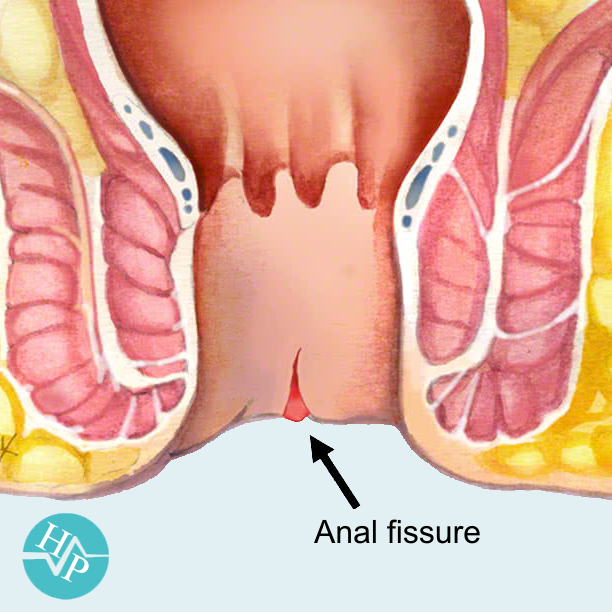-
Contact Us
Use our secure form -
Call Now
0208 123 8556
procedures
Proctology
Proctological surgery is a field in medicine dealing with disorders of the rectum, anal canal, anus, and perianal regions, which are the parts of this tract divided into four sections. The digestive tract may be affected by a variety of conditions, including:
Abscesses and fistulae: These are infections that have developed around the anus and rectum.Anal skin tags: These are tiny lumps of skin that appear around the anus.
Fissures: Fissures are tiny rips in the anal lining that have developed.
Haemorrhoids: Anus veins are swollen veins that may develop inside or externally surrounding the anus, depending on their location.
Anal and Colonic Polyps: Precancerous growths on the colon that have the potential to develop into colorectal cancer are identified.
Rectal prolapse: Anal opening dilation is a condition in which the rectum starts to descend from its original position into the anal aperture.
As well as her patologies under the umbrella of colorectal surgery
Colon and rectal cancer: The colon, or rectum, is where this cancer originates.
Diverticulitis: An illness in which pouches develop in weak areas throughout the digestive system is called diverticulitis.
Inflammatory bowel disease (IBD): Ulcerative colitis and Crohn's disease are examples of inflammatory bowel diseases
Irritable bowel syndrome (IBS): IBS is a collection of digestive symptoms unrelated to inflammatory bowel disease (IBD). These symptoms include bloating, cramps, constipation, and diarrhoea.
Read more
Once you have booked your surgery, you will receive an admission letter from your clinic / surgeon advising you of:
- The date and time to arrive at the hospital and the hospital address;
- When to stop eating and drinking before the surgery, i.e., pre-operative fasting.
Please ensure you read your pre-operative and post-operative instructions carefully. If you have any queries, please contact your operating surgeon.
Read more
Read more








